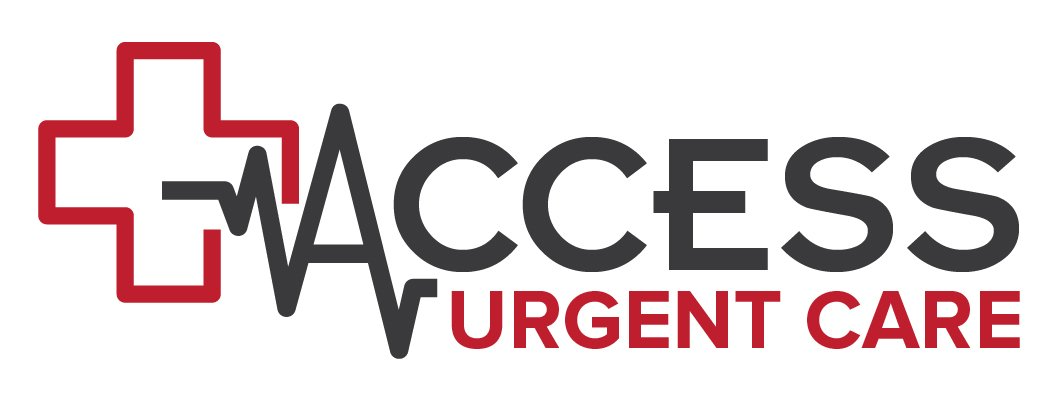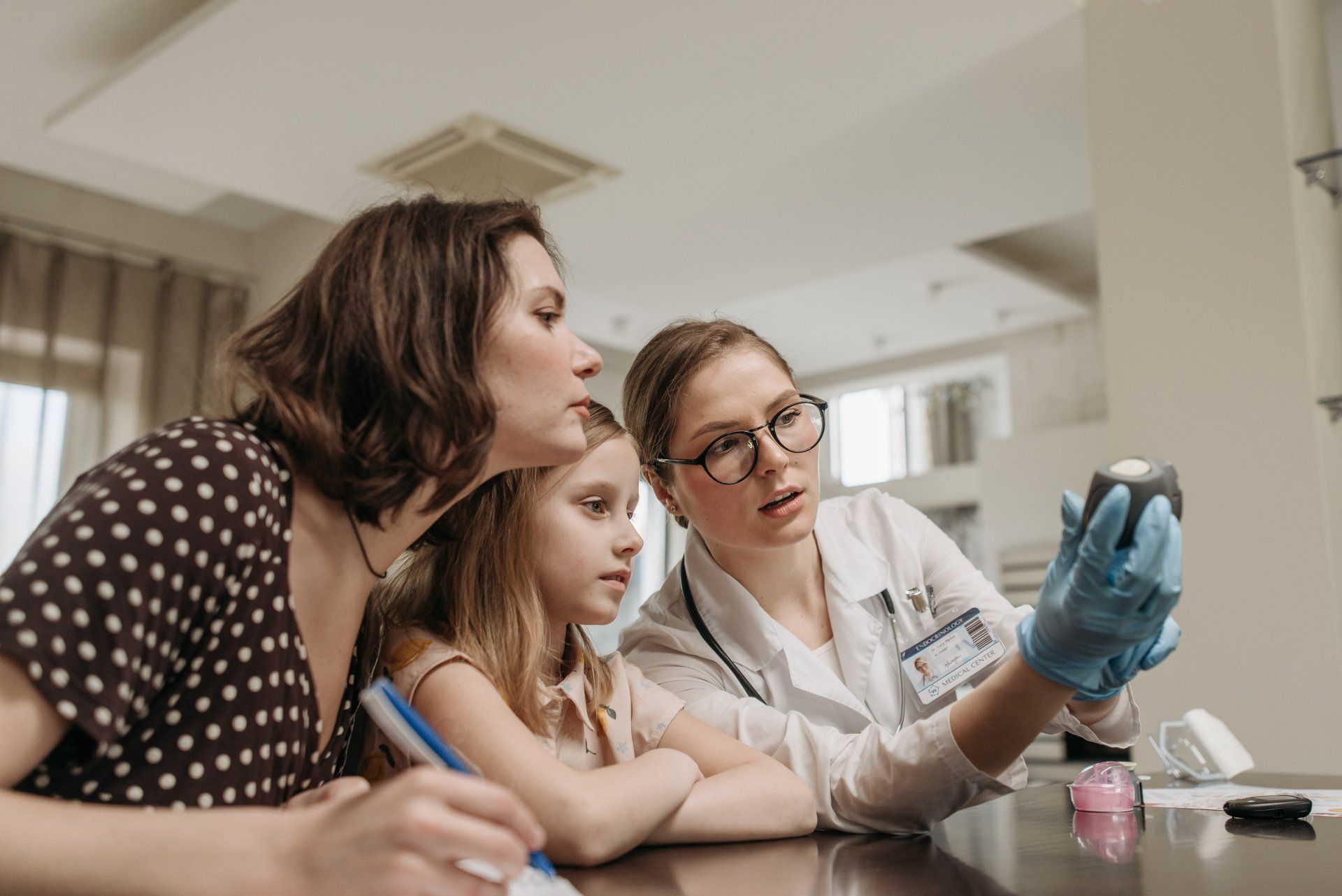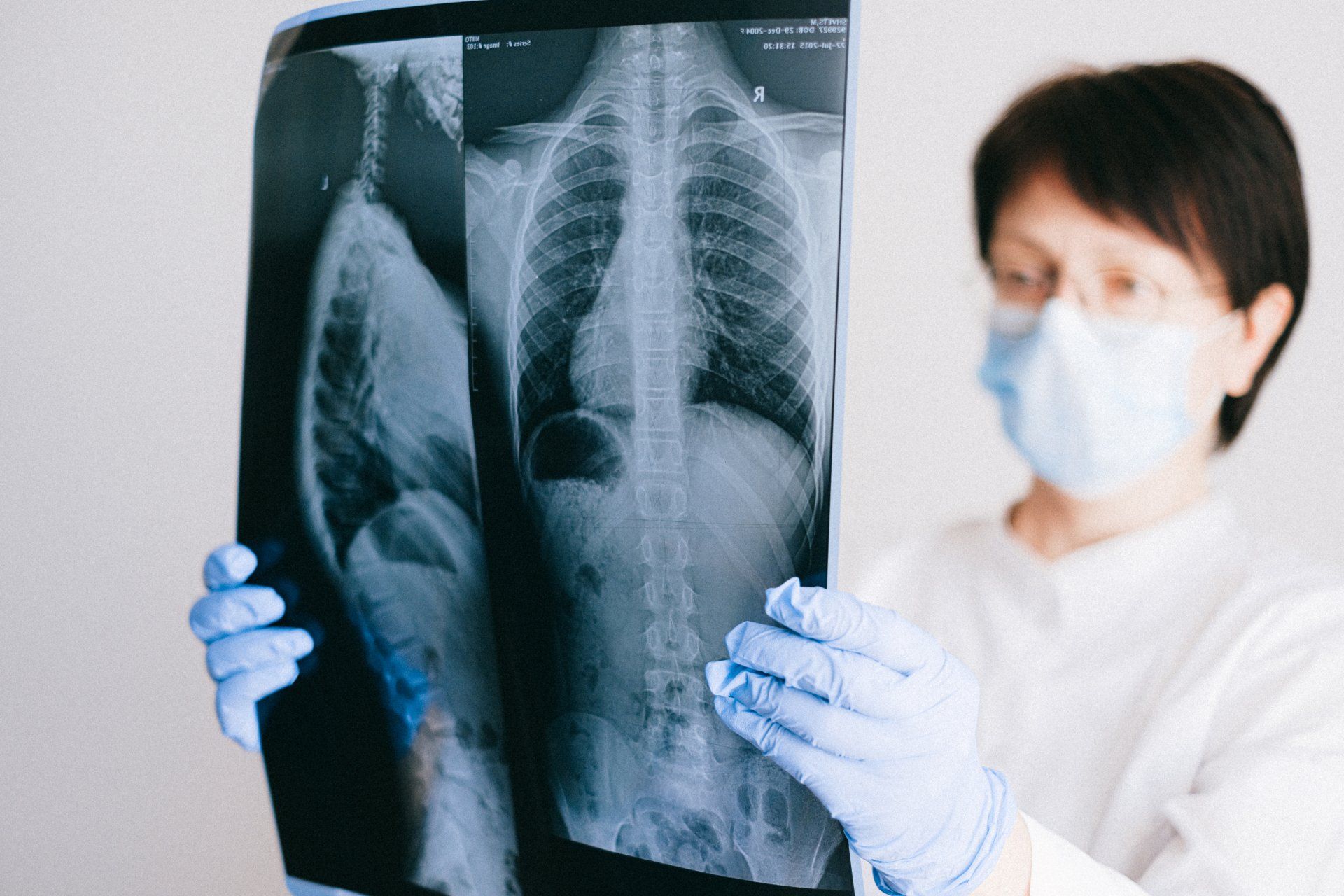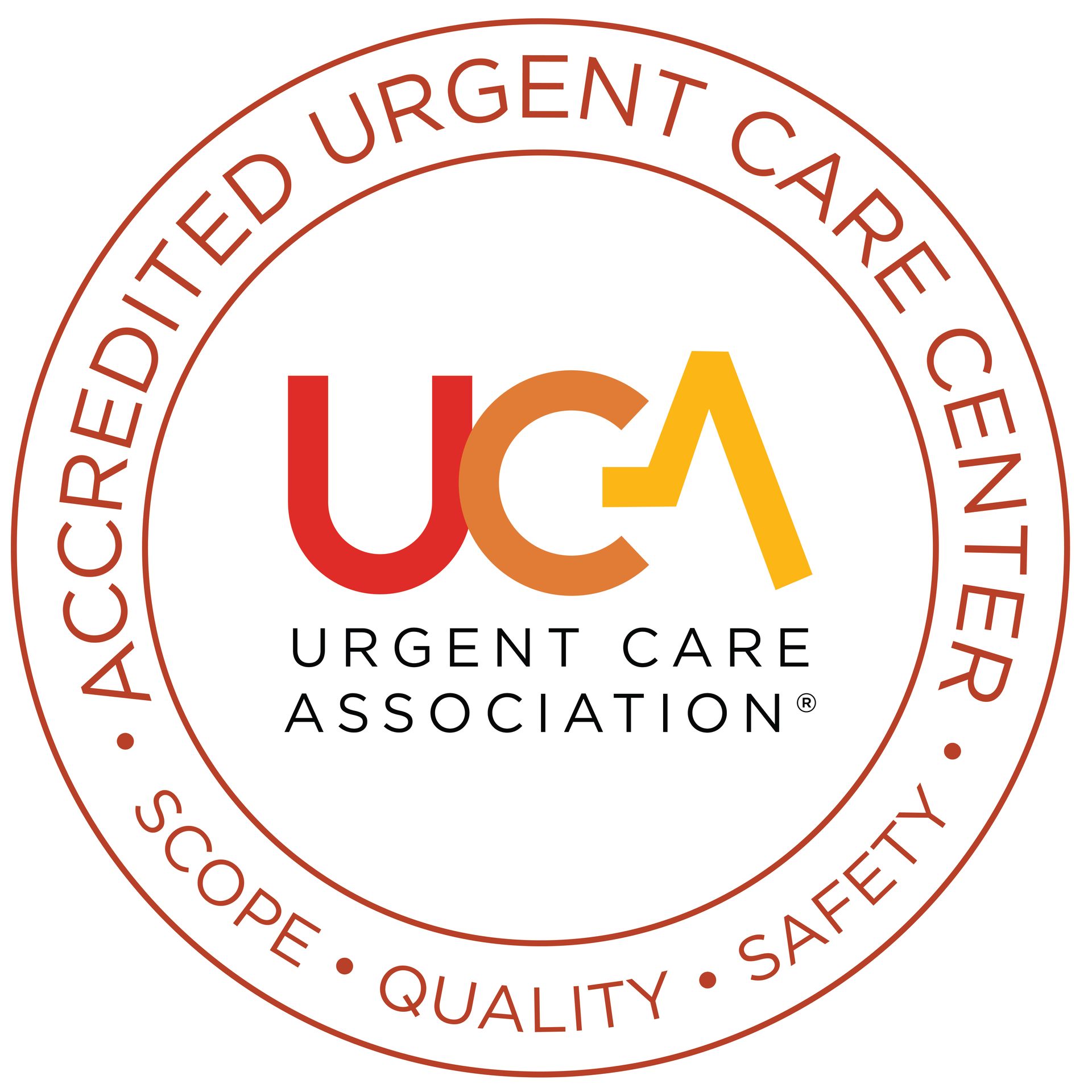Diabetes all too often hits close to home. Consider Noah Hillebrandt, who was born and raised in Lake Charles, Louisiana, and who was diagnosed with neonatal diabetes at birth. Neonatal diabetes is a rare condition that affects the body’s ability to produce and use insulin. Noah’s parents are both in the medical field: Dr. Cole Hillebrandt is a local ER physician and Carly Hillebrandt is a nurse practitioner. Noah’s diagnosis is life changing and permanent, but his parents describe his diabetes as “a blessing” because it helps them “stay healthy and has brought [them] closer together as a family.”
Noah will be two years old in March, and he currently has an insulin monitor and insulin pump on his body at all times. He maintains a balanced diet as much as possible, with his favorite food being cauliflower pizza. Carly wants mothers of diabetic children to know that “a child needs to be a child, and this is why we have medications to help him.” Noah gets regular exercise by going to the park to run and play with his younger sister.















